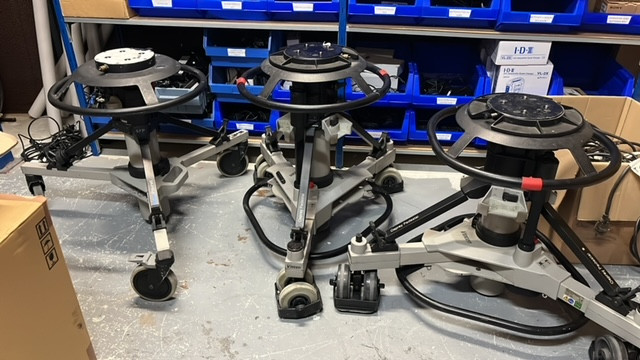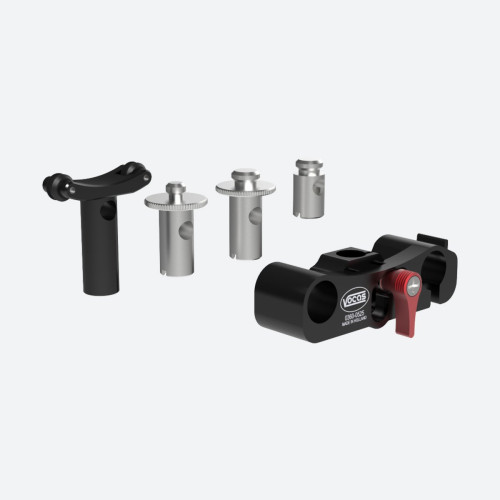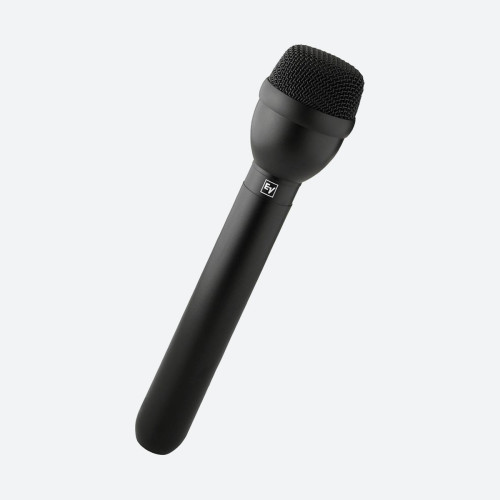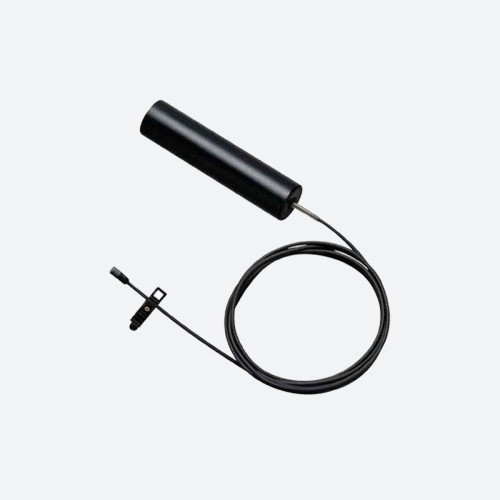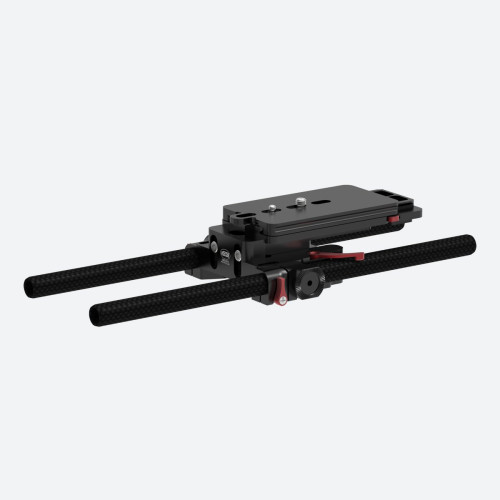Drive Carefully. Youre Tough, but youre not Invincible. The Armys Uncompromising New Message.
Author: Dennis Lennie
Published 1st April 2008
The Army has always suffered from a high number of off-duty Road Traffic Accidents. This is hardly surprising. We deliberately seek to attract young men and women who are seeking fun and adventure. It has always been a worry to the chain of command that high numbers of young soldiers have ended up being killed tragically on the roads in their own time, and has confounded years of driving experts as to how to reduce accidents, especially when messages must be careful not to breed risk aversion in an essentially risk-embracing profession.
Many initiatives have been launched. Anti-drink drive campaigns prior to Christmas festivities, poster and local publicity campaigns in barracks, and we’ve even employed a theatre company to tour garrisons giving a theatre production depicting the suffering caused by the loss of family members in RTAs. However, notably absent from the armoury of communication campaigns, has been a joined-up campaign, delivered through media of first choice, which really has a professional feel to it.
The evidence from research has shown that British troops are more at risk of having a road accident than their civilian counterparts, even when adjusting for the youth of the military population. Furthermore, there is a greater risk of having an accident in the period after returning from tours of duty on operations. Something more could be done.
A brace of research and a series of statistical tables with accompanying analysis were assembled, and Golley Slater, one of the advertising agencies working on the Army recruiting account was approached with a view to coming up with some campaign ideas, to include radio, TV offline and online advertising. The general idea was to use British Forces TV and Radio in operational theatres to start to communicate the messages through commercials, to produce a stand-alone film to brief troops before returning home, and then following up the campaign with a series of poster launches, refreshed weekly, which would remind them of the highly impactful TV and radio executions. This would be essential to keep communications fresh, vibrant and remind people of the stark messages delivered earlier.
The guys from Golley’s came up with a stunning series of creative ideas to put the campaign messages across in December 2006. We then decided to take the planned executions to market – our soldiers - to test them, and get them to choose which themes would work best. So we ran a series of focus groups in Colchester, the home of the paras, who had been fighting in Afghanistan that summer. The results of these focus groups drove the campaign. Once we had a notion of cost, we had to go and get more money, but the business case was compelling. Even if only one life was saved – it would be worth it – although of course we would never know.
The objectives of the campaign are to raise awareness of the issue in the target audience, and to seek to reduce their risk taking behaviours, especially during the time when returning from operations. Should we have set targets for reducing deaths? Well, no, because setting targets for off-duty behaviour would be fraught with difficulty, but of course we’ll be looking eagerly for improving trends.
Having had the business case approved, COI, who handled the campaign brilliantly on behalf of the Army, went out to the industry to look for a director to do the ads. Much to our delight, Walter Stern and Academy Films came in on budget, and really wanted to do the work. There are few people in the land who have not been touched by Walter’s work with ‘Lucky’, the road safety ad of the ashen-faced little girl at the base of the tree telling us that if she is hit at 30mph she would have an 80% chance of survival.
We also managed to persuade some great guys to come on board with the radio, including Liz White from Life on Mars, who did some of our radio executions immaculately. We recently came second in the Aerial Radio Awards with ‘A435’.
Filming and recording of radio and TV executions took place in August in Colchester. The two TV ads are based on military themes, as you can imagine. The first, Wonderful Life, showreels a series of brief images depicting the wonderful life of a young lad, from his point of view, going through signing on to join the Army, doing basic training, his mum and dad attending the passing out parade from training, leaving his beautiful young wife to go on operations, surviving the fighting, and then being killed in a Road Traffic Accident. The basic message is ‘What a Wonderful Life. Shame to Waste it’. Walter’s special touch leaves you haunted and reflective. The second of the TV Ads, called Last Post, depicts a couple of young soldiers speeding out of camp, gassing about a girl called Sonia, to go on leave. As they speed through the country lanes, the passenger tries to put a CD on, but is greeted by the haunting strains of Last Post, the evocative military cornet solo which accompanies the Act of Remembrance. No matter what he does to change to radio, or change CD, the strains of Last Post keep coming through. He then looks out of the window seeking orientation, realising that something is seriously wrong, but as the driver speeds round a corner, overtaking, he loses control and with a juddering explosion of earth, hits a bank. The car rolls across the road, and the driver, slumping onto the steering wheel, sets off the horn which leaves a chilling harmonic clash with the last note of Last Post. The impactful strapline of the campaign is ‘British Troops are twice as likely to die as civvies. Drive carefully. You’re tough, but you’re not invincible.’
Finally, the Edge produced a stunning film called the Grim Reaper, which is shown to all Service personnel before they come out of the theatre of operations. The film, lasting just 6 minutes, depicts a narrator in the role of a modern-day Grim Reaper, celebrating death in a variety of scenes, but finally alighting on the irony of a young soldier surviving war to return home only to wrap himself, and his mates around a tree after a night out.
The last bit of the campaign is the ambient items, and posters, which will keep it fresh. These will be displayed prominently, throughout the barracks of troops just back from ops, and will be changed over once a week to kept them fresh. Hire cars at the RAF base through which individual return travel takes place, will have campaign material left on the windscreen so that the lads are reminded of the messages that they’ve just seen before returning from theatre.
It is too early to say whether it is working or not, but the campaign has a great feel to it, and the ads, which started broadcast on 24 Sep, have made a good impact. The film has got the lads coming back thinking and talking about it too. So far so good.



